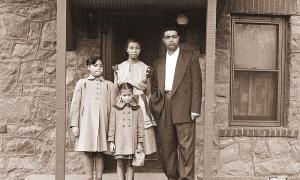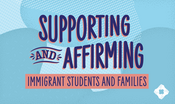teaching strategy
Word Work
Word Wheel
Students use a concept map to organize their vocabulary learning. This tool requires students to define words, find examples, draw on prior knowledge and connect related concepts.
July 19, 2014


